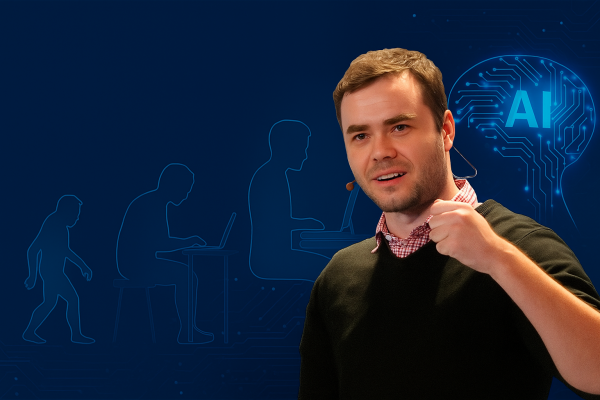
2025. June 24.
A new era in software development
Over the past few decades, software development has fundamentally shaped our digital world, but the latest technological breakthroughs are ushering in a new era in which computer programming is undergoing a radical transformation. According to Andrej Karpathy, former director of artificial intelligence at Tesla, software development has accelerated dramatically in recent years after decades of slow change, fundamentally rewriting our understanding of programming.
2025. June 10.
Google Cloud Run Adds GPU Support for AI and Batch Workloads
Google Cloud has officially launched general availability of NVIDIA GPU support for Cloud Run, marking a major step forward in its serverless platform. This update aims to give developers a cost-effective, scalable solution for GPU-powered tasks, especially those involving AI inference and batch processing. It addresses the rising need for accessible, production-ready GPU resources in the cloud—while preserving the key features that have made Cloud Run popular with developers.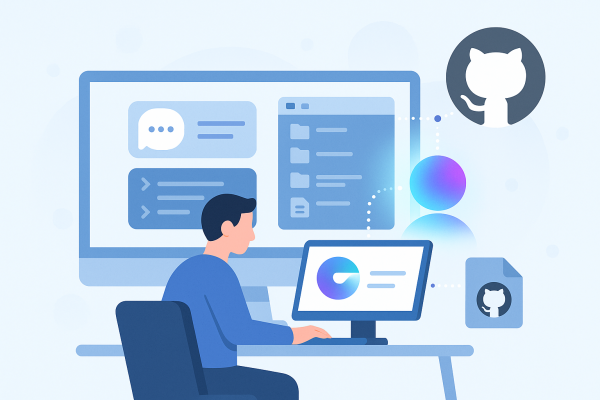
2025. May 15.
Gemini Advanced Strengthens GitHub Integration
There is no shortage of innovation in the world of AI-based development tools. Google has now announced direct GitHub integration for its premium AI assistant, Gemini Advanced. This move is not only a response to similar developments by its competitor OpenAI, but also a significant step forward in improving developer workflows.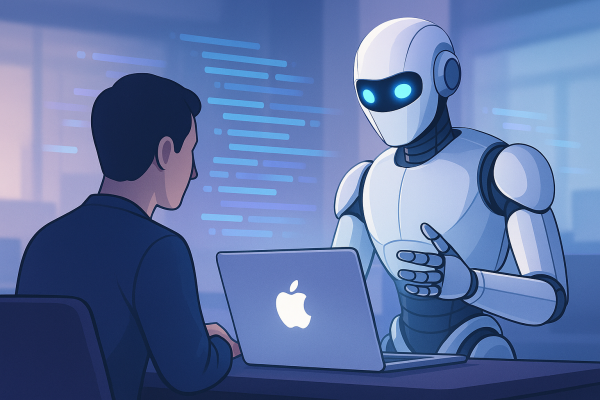
2025. May 05.
Apple Plans Its Own “Vibe-Coding” Platform in Partnership with Anthropic
Apple has encountered several challenges in developing its own AI solutions recently, so it’s perhaps unsurprising that the company is turning to external expertise. According to the latest reports, Apple has decided to join forces with Anthropic to create a revolutionary “vibe-coding” software platform that uses generative AI to write, edit, and test programmers’ code.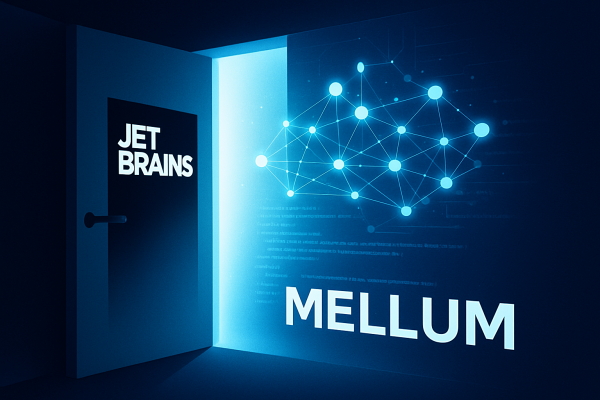
2025. May 02.
JetBrains Mellum Is Now Open Source
As of April 30, 2025, JetBrains has taken a major step forward in AI by open-sourcing Mellum, its custom language model for code completion. Previously available only in JetBrains’ commercial products, this 4-billion-parameter model is now freely accessible on Hugging Face, opening new doors for researchers, educators, and development teams.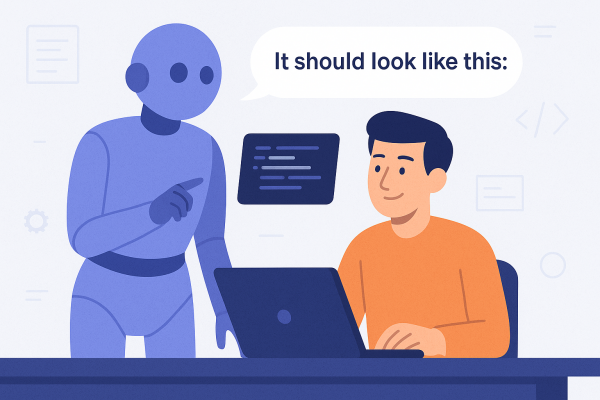
2025. April 30.
Trends in the Use of LLMs in Development Based on Anthropic's Survey
Anthropic is a leading company in artificial intelligence research and development, best known for its large language model, Claude. The Claude.ai and Claude Code product lines have become especially popular among software developers in recent years due to their strong code generation abilities and excellent performance in automation.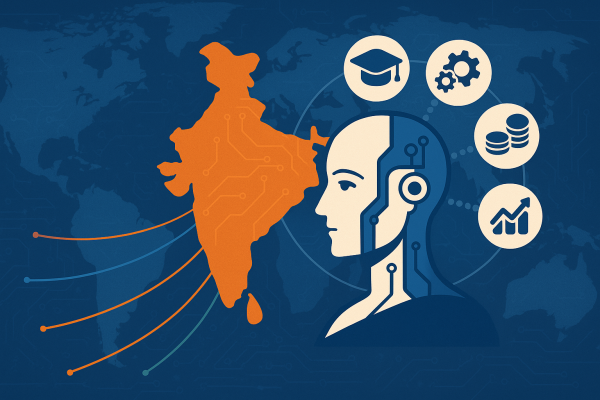
2025. April 28.
Shortage of Artificial Intelligence Specialists in India Could Soon Affect Other Countries
India has long been a major player in global IT services, so it is natural that it has also become a leader in artificial intelligence (AI) research in recent years. According to experts, the majority of companies (around 80% according to Deloitte) are already working on autonomous, "agent-based" AI systems. These new technologies are creating challenges that could soon spread across the world. Demand for specialists with the right skills is growing sharply, while the current supply is not enough to meet the expected needs.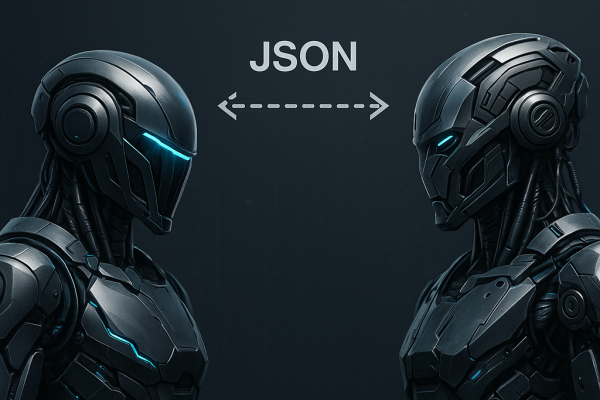
2025. April 16.
Google Introduces the Agent2Agent (A2A) Open Source Protocol
In a recent speech, Jensen Huang (CEO of NVIDIA) divided the evolution of artificial intelligence into several phases and called the current phase the era of Agentic AI. Although he mainly focused on the next phase of the physical AI era, we should not forget that the Agentic AI era also started only this year, so its fully developed form has not yet been seen. The recent announcement by Google of the open source Agent2Agent protocol gives us a hint of what this more advanced form might look like. The protocol is designed to bridge the gap between AI agents created on different platforms, frameworks, and by various vendors, enabling smooth communication and collaboration.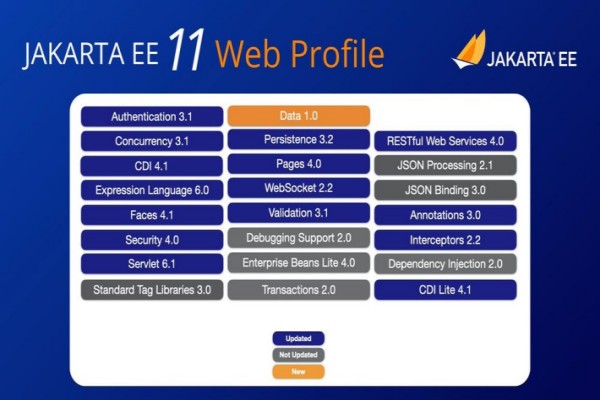
2025. April 08.
Jakarta EE Web Profile 11 Has Been Released
A bit later than originally planned, version 11 of the Jakarta EE Web Profile—maintained by the Eclipse Foundation—has officially arrived, bringing major improvements over previous releases.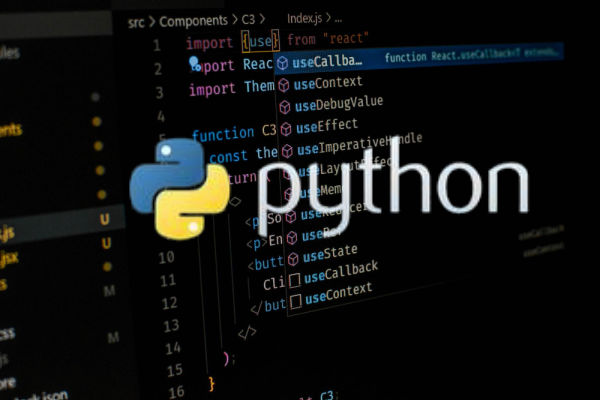
2025. April 03.
New Standard Lock File Format for Python Package Management
With the adoption of PEP 751, the Python development community has introduced the pylock.toml format, a uniform and secure solution for managing dependencies. This change addresses a long-standing issue: there was no official standard to ensure that package versions and dependencies were handled consistently across different environments.
2025. March 31.
Babylon.js 8.0 Has Arrived
After a year of intense development, Microsoft has finally unveiled Babylon.js version 8.0. This new release brings several advanced features that enable faster, more visually appealing, and interactive web experiences. IBL shadows create more realistic environment lighting, while area lights allow for simple yet effective 2D lighting effects. In addition, the Node Render Graph—introduced in its alpha stage—gives developers full control over the rendering process, and the new Lightweight Viewer and WGSL Core Engine shaders help reduce development time and boost performance.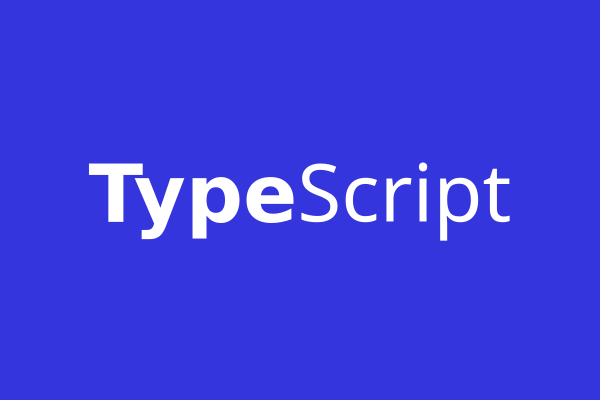
2025. March 14.
Ten Times Faster After Rewriting the TypeScript Engine in Go
The TypeScript team has tried several times to rewrite the original JavaScript engine in a different programming language, but so far these attempts have not produced the desired results. Recently, however, they announced a breakthrough by rewriting it in Go.
2025. March 09.
App-Free Experience by Deutsche Telekom
Deutsche Telekom is following Spain’s Telefónica in introducing a digital assistant—essentially an artificial butler—to its phones. This solution is promised to debut on new handsets by the second half of the year. Older devices will also offer an AI-based service, available under the name Magenta AI.
2025. February 27.
Earn money with Poe Apps—even without programming skills
Quora recently introduced a new feature called Poe Apps, which lets users create and share custom AI-powered applications on the Poe platform. Quora promises to pay up to $100 per subscriber and up to $10,000 for every thousand messages.
2025. February 26.
Will quantum computers kill Bitcoin?
As we approach the era of industrially usable quantum computers, fears are growing about the future of certain cryptocurrencies—especially Bitcoin. Will they remain secure, or will the encryption protecting them be broken in minutes? In this article, I examine—based on expert analysis—whether these fears are justified.
2025. February 25.
Go 1.24 new features
The latest version, Go 1.24, is now available, bringing a range of useful new features for Go developers. On one hand, language tools have been further improved, with a more efficient implementation replacing the previous Map implementation. On the other hand, memory management has been enhanced thanks to the introduction of weak references and an improved memory allocator.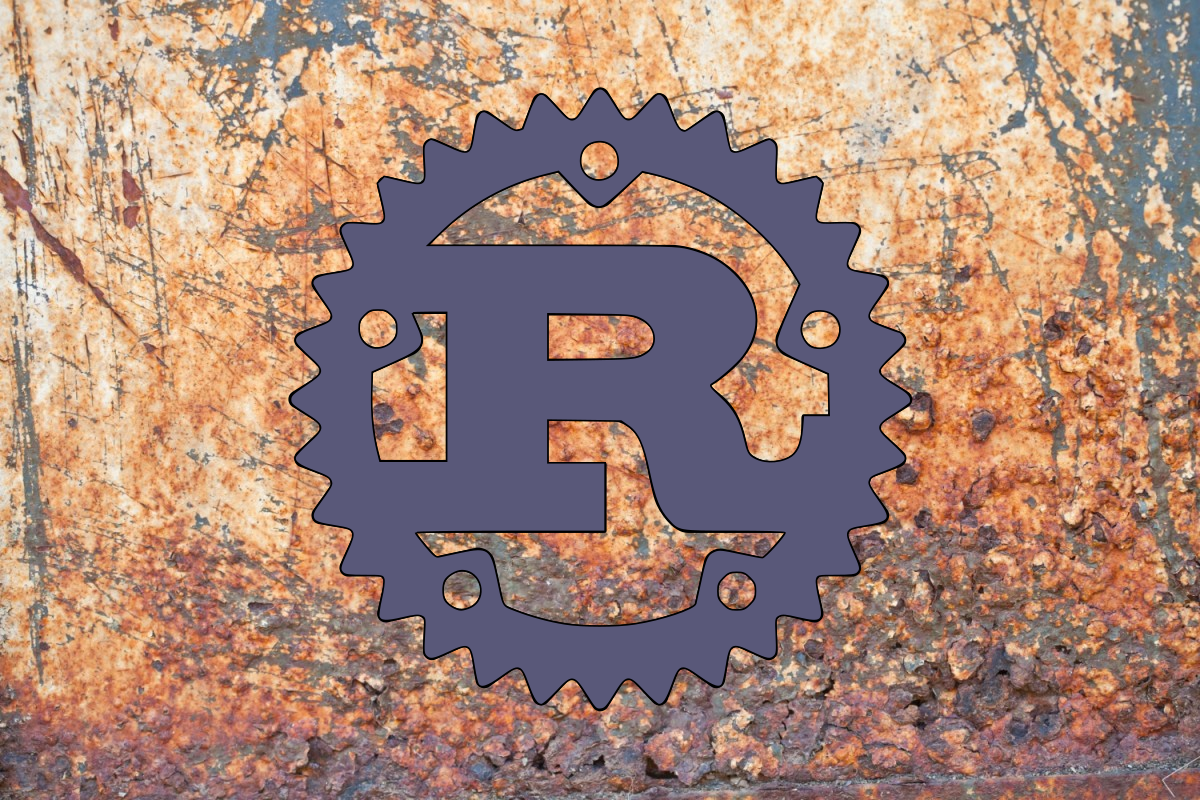
2025. February 24.
Rust 1.85.0 arrives amidst Linux kernel drama
Rust 1.85 is a new update in the 2024 release that further enhances memory safety and concurrency models, aiming to provide a better and more reliable tool for developing performance-critical systems. However, Rust adoption has faced the greatest challenges precisely where it has the most legitimacy: in Linux kernel development.Linux distributions
-

RebornOS
2025.07.092025. July 10.
-

SmartOS
202507102025. July 10.
-

MIRACLE LINUX
9.62025. July 09.
-

Securonis Linux
4.0-beta2025. July 08.
-

Ultimate Edition
2025.07.08 "Arch Developer"2025. July 08.
-

CentOS
10-202507072025. July 07.
-

Exton Linux
250707 "DebEX"2025. July 07.
-

Gentoo Linux
202507062025. July 07.
-

Snal Linux
1.382025. July 07.
Desktop Environments
-

KDE Plasma
6.3.62025. July 08.
-

Gnome
48.32025. June 29.
-

Cinnamon
6.4.102025. April 29.
-

Cosmic
1.0.0 alpha.72025. April 24.
-

LXQt
2.2.02025. April 17.
Popular
-
2025. June 12.